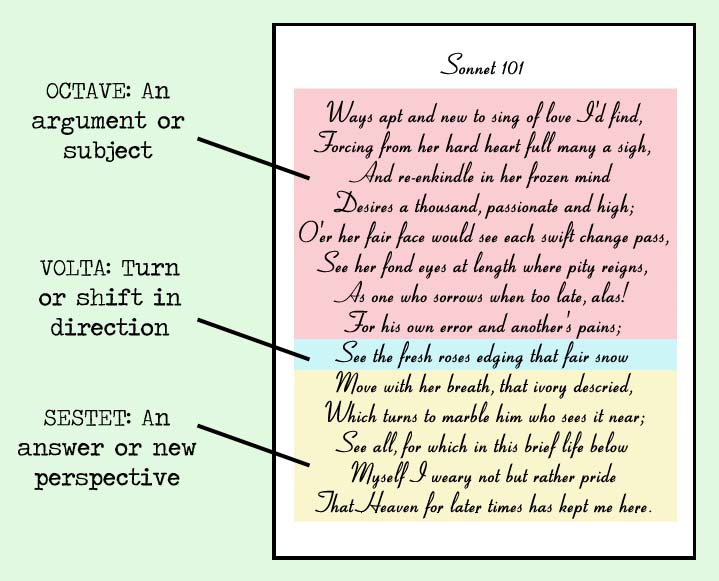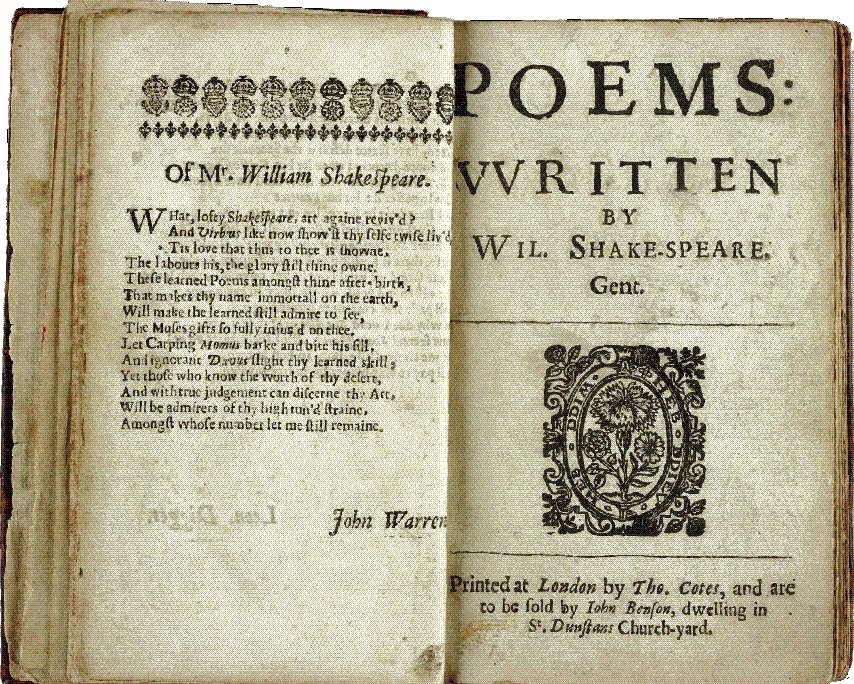
In those same months, Elizabeth also began a series of sonnets about their courtship, shown to Robert only after their elopement, and published in 1850 under the title Sonnets from the Portuguese. Over the twenty months of their clandestine courtship, Elizabeth and Robert wrote each other almost six hundred letters, most of which were published after her death. (The Brownings would live there together until her death in 1861 they had one son.) They exchanged letters, he paid her weekly visits, and their literary friendship soon became something stronger: “I love your verse with all my heart, dear Miss Barrett,” he wrote in January 1845, “and I love you too.” Despite her illness, the pair made plans to elope and live in Italy: in September 1846 those plans were fulfilled. Robert Browning, five years younger and much less successful, admired her poetry, as she admired his. Well-known as a poet by the early 1840s, Elizabeth Barrett lived as an invalid in the London house of her strict father, who supported her writing but did not want her, nor her siblings, ever to marry. That life involves one of the great love stories in literary history. Here, we must identify the vivid, distractable lover who speaks as Elizabeth Barrett Browning-indeed, we can set the poem beside what we know of her life.

In dramatic monologue, however, the speaker is never the poet herself. In dramatic monologue a single character’s speech, depicted in real time, reveals by irony or indirection that character’s inmost thoughts, and makes him or her seem present, as if on stage. Robert’s nickname for her was “My Little Portuguese” due to her dark hair and olive complexion, and so the sequence was forever known as “Sonnets from the Portugese.Elizabeth Barrett Browning’s exciting and excited sonnet takes part in the centuries-old tradition of amorous sonnets and sonnet sequences (as old as the sonnet form, as Dante and Petrarch), but also draws on the new Victorian kind of poem called the dramatic monologue, which her husband Robert Browning helped to invent. Elizabeth was too embarrassed to publish the sonnets as a personal chronicle, so she decided to pretend they were a translation from a foreign language. The title of the book comes from a joke between Robert and Elizabeth Browning. At last, Robert prevailed, and Elizabeth published her sonnets.



Robert was astounded by the quality of the poetry, and encouraged her to publish, but Elizabeth objected on the grounds that the content was too personal. The renowned Victorian poet Elizabeth Barrett wrote the sonnet sequence during her courtship by Robert Browning, and later presented them to him as a wedding gift. Sonnets from the Portuguese chronicles one of the most famous romances in history. Download cover art Download CD case insert Sonnets from the Portuguese (version 2)


 0 kommentar(er)
0 kommentar(er)
